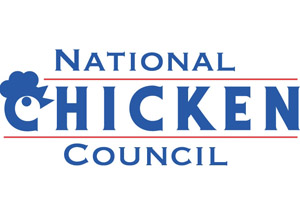NCC outraged by release of personal and business info

The National Chicken Council and several other trade groups sent a letter recently to the acting administrator of the EPA (Environmental Protection Agency) Bob Perciasepe, to express their outrage over the public release of personal and business information from thousands of livestock and poultry produces across 30 states.
This information was gathered from more than 30 state permitting authorities and simply transmitted as raw data to the Natural Resources Defense Council, Earth Justice, and the Pew Charitable Trusts as part of two separate Freedom of Information Act requests. EPA apparently released the information without undertaking a review of the data to protect against the release of private or confidential business information that may have been improperly included in the states’ submissions.
“From the farmer’s perspective the agency collected and released details of peoples private lives to the National Resources Defense Council and the others,” the letter pointed out. “The overwhelming majority of those farms are owned and operated by families, who are honorably engaged in honest work to produce livestock and poultry to support themselves, their families, their communities, our country, and consumers around the world,” the letter said. “We object in the strongest terms possible to the release of this data for possible use by groups who oppose our members’ businesses and way of life for reasons largely, if not entirely, unrelated to the honorable goals and objectives of the Clean Water Act.”
The groups also expressed serious concern over EPA’s development of a comprehensive and national public database containing detailed information on every livestock and poultry operation, regardless of whether the facility holds a Clean Water Act permit. “We stand ready to work with EPA and other appropriate government entities on creative and serious ways to help support these farmers and ranchers in meeting the goals of the Clean Water Act. But we, as representatives of the agricultural community cannot see in these efforts a legitimate role for such a national, comprehensive database that does not also carry serious and unacceptable risk for farmer and ranchers and their families, and we would consequently oppose any such effort by EPA, ” the letter concluded.













